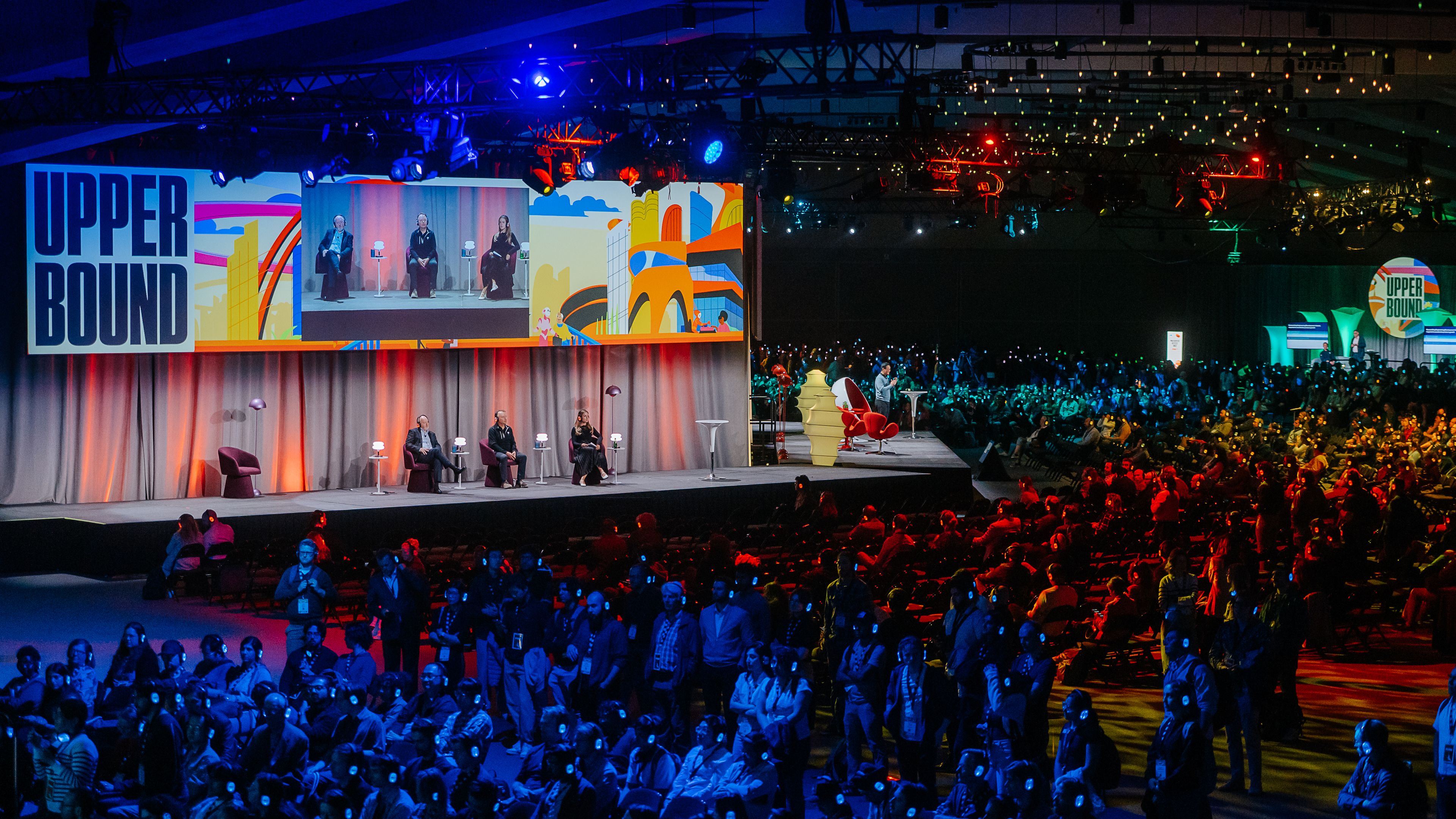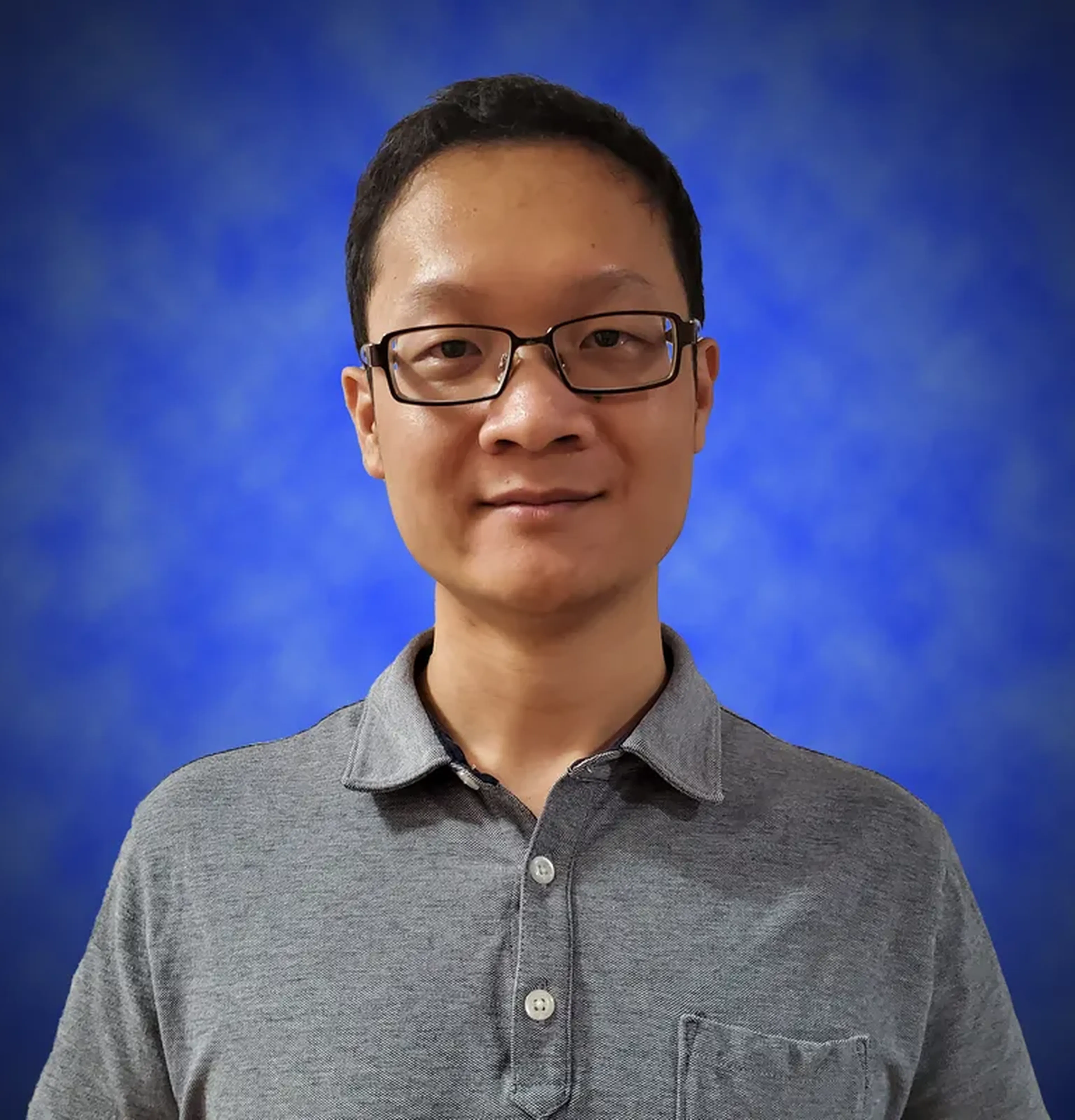Mo Chen aims to make learning more effective by combining purely data-driven approaches and classical analytical approaches.
Finding the right path in human-machine interactions
Mo Chen’s research centers around developing algorithms that allow robots to interact closely with humans in a safe and natural manner. One such example is FaSTrack -- co-developed by Mo, this framework combines computationally expensive safety verification methods with real-time planning algorithms to achieve both safety guarantees and real-time replanning capability for robots. Mo’s work has the potential to enable autonomous robotic systems that move in concert with human users and avoid collisions in real-world environments. Mo also aims to combine purely data-driven approaches and classical analytical approaches to problems in robotics and human-robot interactions, in order to find ways to make learning more effective. Currently, Mo is working on a number of projects including the follow-ahead project, which leverages reinforcement learning to develop a robot that aims to autonomously stay in front of a person, and predicting navigational intent in humans in order to better-inform pathfinding robots.
Mo is a Canada CIFAR AI Chair at Amii and an Assistant Professor in the School of Computing Science at Simon Fraser University (SFU). He also directs the Multi-Agent Robotic Systems Lab at SFU and is a Distal Fellow of the NSERC Canadian Robotics Network. Prior to his position at SFU, Mo was a postdoctoral researcher in the Aeronautics and Astronautics Department at Stanford University with Marco Pavone. His publications have been cited nearly 1200 times, and have been accepted at such journals and conferences as the Transactions on Automatic Control, International Journal of Robotics Research and International Conference on Robotics and Automation. Under the supervision of Claire Tomlin, Mo received his Ph.D. from the Electrical Engineering and Computer Sciences Department at the University of California, Berkeley where he also received the Eli Jury Award in 2017, as well as the Demetri Angelakos Memorial Achievement Award in 2016.
Mo Chen, Hybrid AI For Seamless Human-Robot Co-Navigation: Upper Bound 2025

